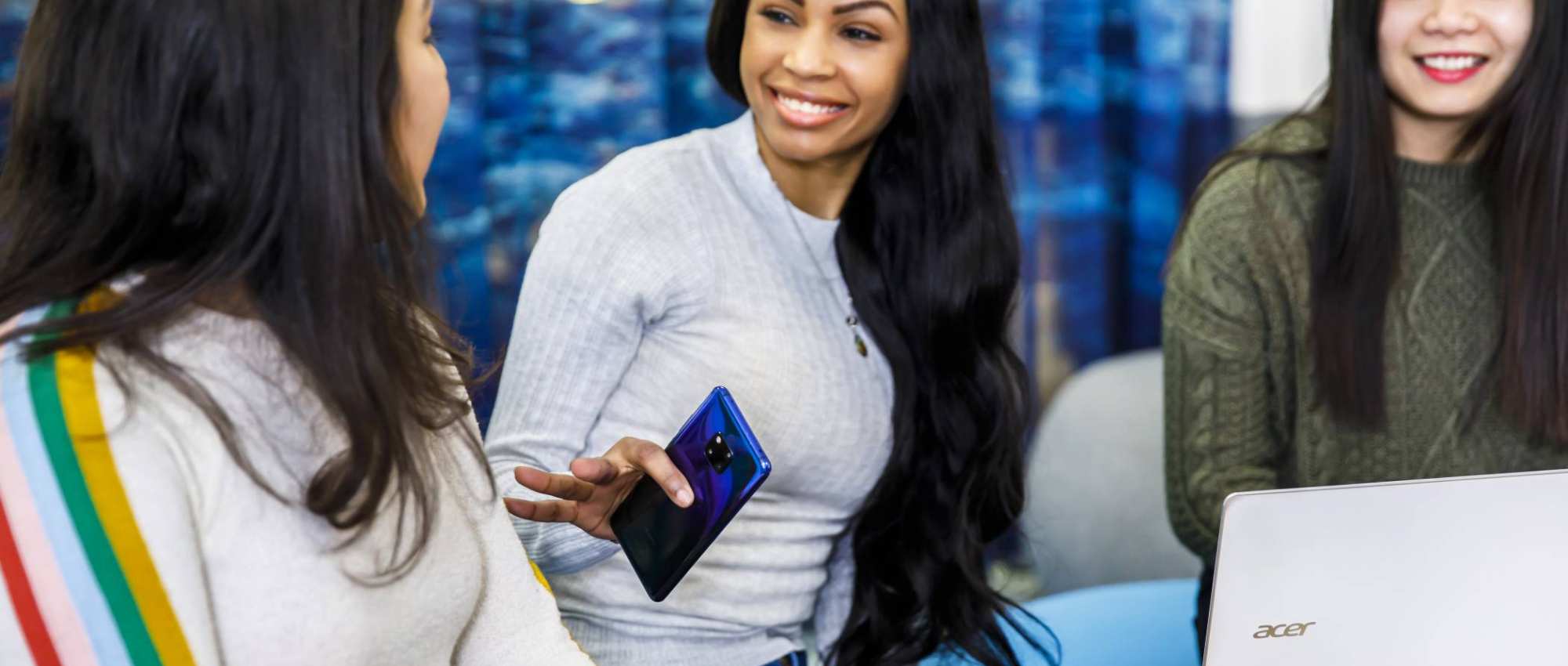European Culture, Business & Entrepreneurship
This is where you learn to expand your knowledge. Think creatively. You learn about social and agricultural entrepreneurship. Cultural sensitivity. Personal branding. And more. And let’s not forget your final assignment: The Quest. A practical kick off to your European business adventure!

The program in a nutshell
This is a 3-week program. With classes and workshops Monday through Friday. You get a unique view into how business is carried out in Europe. Through workshops and class time. Guest speakers and company visits.
Learn to develop an effective marketing and promo strategy. You work in groups to team build. Strengthen your personal competences. Expand your skill set. Individually, you go on a “Quest” to solve a real-life business issue. Throughout the 3 weeks, you gather relevant data. Carry out research. And finally pitch your solution strategy. This quest is your final assignment.

Program details
Learning outcomes
By the end of the short course in European Culture, Business & Entrepreneurship you can:
- pick out specific cultural and historical aspects of EU and Dutch
- understand the EU economy workings and achievements
- compare strengths and weaknesses of the various EU economies
- keep a global perspective when comparing various economies
- study differing aspects of EU business processes
- develop a targeted marketing and promotional strategy
- distinguish and apply different national characteristics to your strategies
- work professionally and effectively in a team
- research and propose a strategy in real-life business situations

Competences
You strengthen these competence areas during the program:
- Targeted knowledge sharing
- European marketing skills
- Business policies in Europe
- EU-wide business practices
- Entrepreneurship in today’s EU
- Personal development
- Communication skills

Dutch way of learning
The atmosphere in a Dutch classroom is quite informal and your lecturers are easy to talk to. In fact, at HAN you’re seen as a partner in the learning process. Class sizes are small and your lecturers encourage you to actively participate in class. To ask questions and give your own opinion. They also stimulate you to be creative and to discover things for yourself.

What about credits and grading?
At HAN we use the European Credit Transfer and Accumulation System, or ECTS. It’s the standard credit system used in higher education across Europe. How does it work? One credit = 28 hours of study. Think of contact hours. Time spent working on assignments. Preparing for exams.
One semester = 30 credits = 840 hours of study. To earn credits, you need to pass your exams. What counts as a pass? A grade of at least 5.5.

Admission
What are the admission requirements? And how do I apply?
